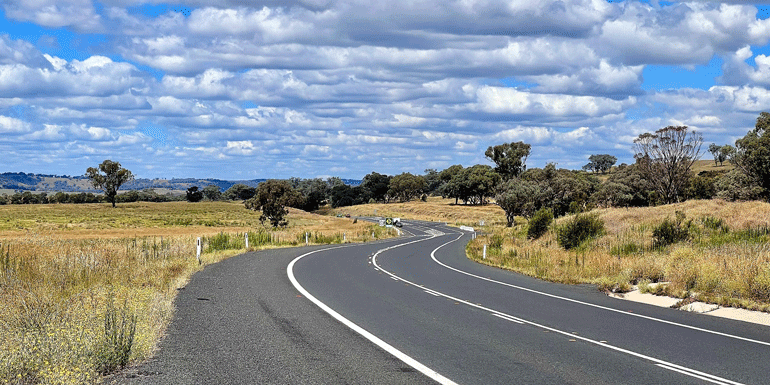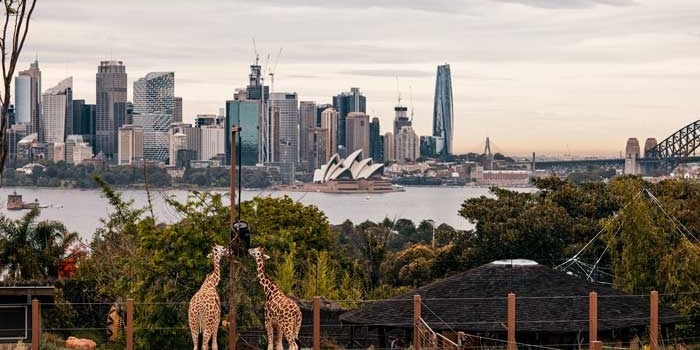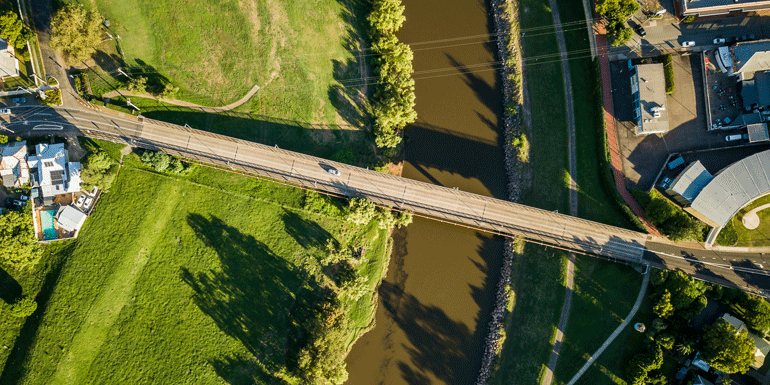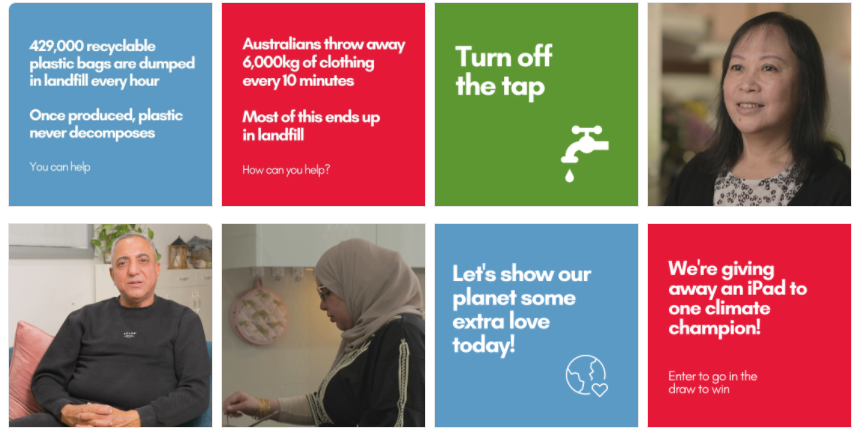About this case study
Heat
Communities
Community engagement
Adapting to climate challenges such as bushfires, floods and high temperatures can be daunting for newly arrived migrants and refugees. Removing the language barrier helps communities better prepare for climate impacts.
Climate change is affecting everyone including our vibrant migrant and refugee communities. Providing simple and practical resources, in a language that is understood, has enabled these communities to reduce their impact on the environment.
Nina Shahi
Small changes, big impact. This is the message that Sydney’s inner and south-west migrant and refugee communities are receiving to better adapt to climate change and play their role in reducing their impact on the environment.
Migrant and refugee communities can be particularly vulnerable to climate impacts including heatwaves, bushfires, floods and other climate emergencies.
“During a heat wave, our elderly community members suffer the most. They can’t afford air conditioning in their homes but often can’t seek refuge in fully airconditioned shopping centres because they can’t drive,” Metro Assist’s Corporate Services Manager, Nina Shahi explains.
The link between what climate change is and how it manifests through increased heatwave, more intense bushfires and extreme flooding events is not often linked to individual behaviour in simple, clear and language-appropriate messaging.
“The community wants to do the right thing, but often look to sources of information from their homelands, which is not necessarily relevant in the Australian climate context including dealing with bushfires or managing water restrictions. This is because they can’t find the information in their native tongue,” says Nina
Securing a grant to tackle the number one barrier, limited English language skills, Metro Assist have provided vulnerable refugees and newly arrived communities with simple and practical information needed to navigate the challenges of climate change and save on their weekly budgets.
In five languages including Arabic, Chinese, English, Hindi, Nepalese and Vietnamese, community members share their tips on water conservation, energy reduction and recycling in an engaging video and social media campaign.
Ali who has migrated to Australia from the Republic of Iraq shares his experience with reducing water consumption, through fixing tap leaks, taking shorter showers and using leftover cooking water to water the gardens. Lucy who was originally from the Peoples Republic of China talks about how she saves money on her electricity bill by replacing her lights with LEDs, using appliances with high energy ratings and closing the curtains to keep the heat out on hot days.
These practical, adaptive steps to help the community have been popular, with the online campaign reaching just under 9,000 people in NSW.
‘By watching this video, I have learnt that we are heavily impacted by flood, drought, bushfire, temperature rising and other natural disasters due to climate change. If we are conscious about our water and energy, reduce the carbon footprint, recycle and reuse material, we can minimize the impact of climate change.’ Metro Assist client.
The videos are supported with newsletter and factsheet resources in the six languages, a dedicated climate adaptation page on the Metro Assist website, recycled bookmarks with links to the resources and working closely with community leaders to engage in the issue of climate change and adaptation.
This project has been highly successful because the message on climate change has been tailored to our communities, is accessible and can be practically applied.
Nina Shahi
“The community is keen to continue to put into action these changes in behaviour, to build resilience and to learn more about the ideas and tips on how to make changes in their day-to-day behaviour in adapting to climate change,” continues Nina.
This project was funded by an Increasing Resilience to Climate Change grant from the NSW Government.
Case studies

NSW councils are building climate risk into their business-as-usual planning and policies for the first time, thanks to products developed using NARCliM’s locally relevant climate modelled data.

Ensuring there’s enough water in the moat may not be a common challenge for those preparing for changing climate conditions.

Climate change creates a significant risk to infrastructure, people, and the economy. The impacts from climate change, including damaging weather events, has already cost the state an estimated $3.6 billion per year.
